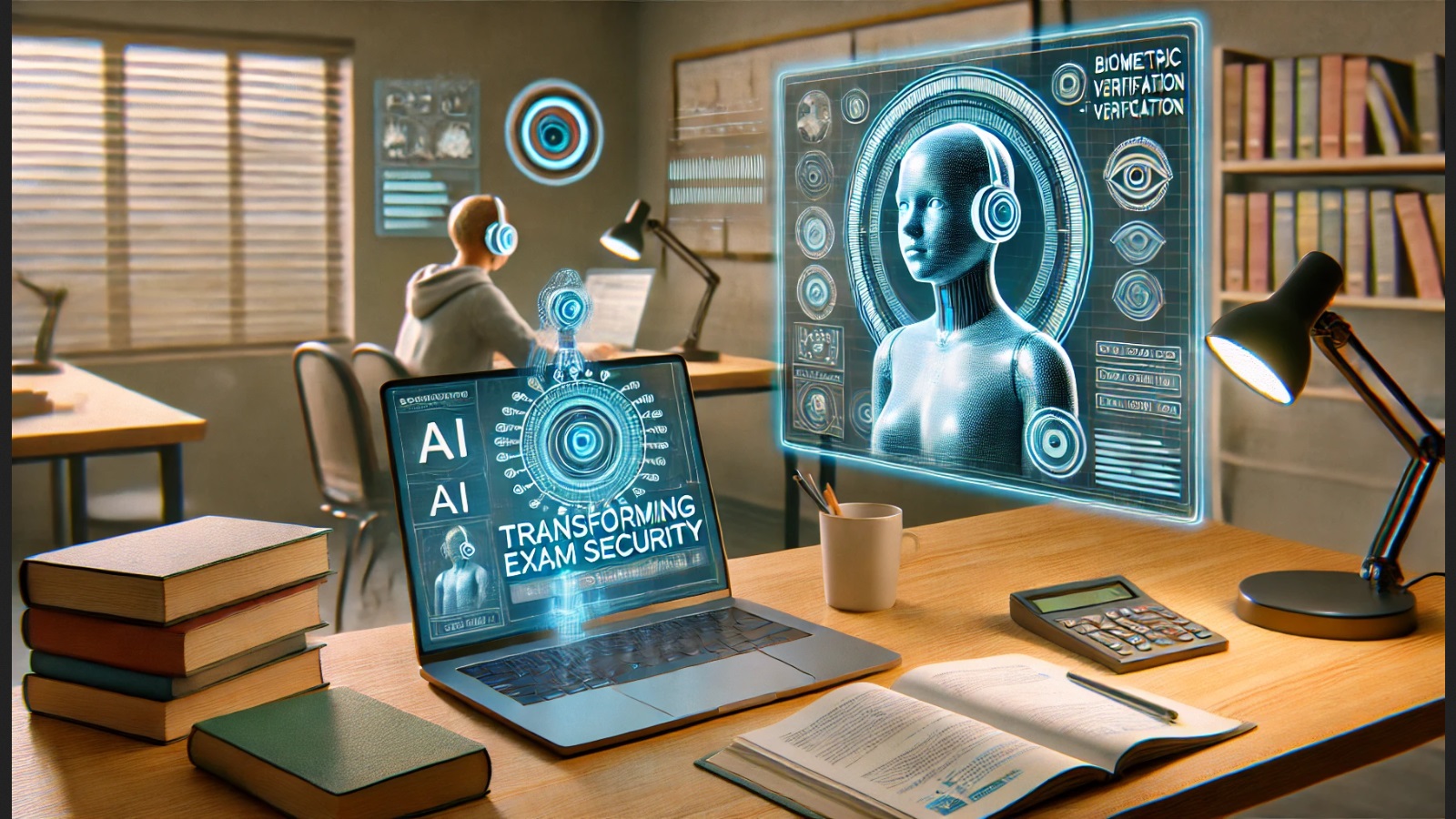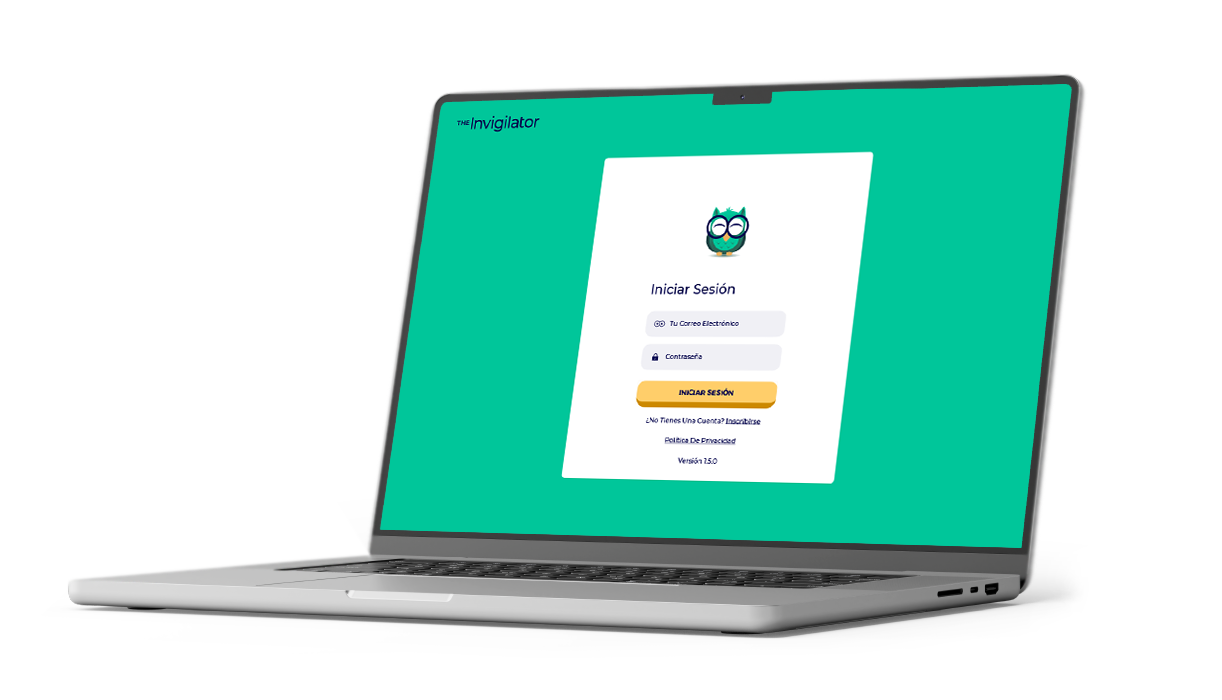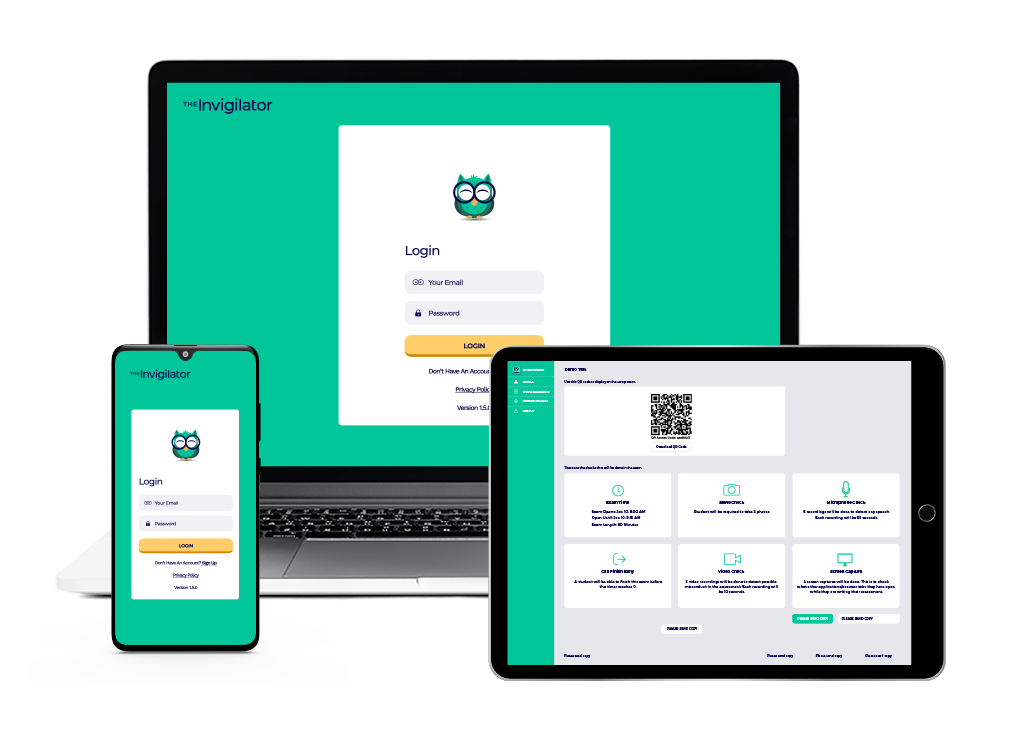The landscape of education has undergone a seismic shift in recent years, driven largely by the rapid advancement of technology. One of the most significant developments in this field is the integration of Artificial Intelligence (AI) into exam security. AI has revolutionised proctoring technology, ensuring the integrity and fairness of online exams. This article explores the transformative impact of AI on exam security, delving into the intricacies of proctoring technology, the advancements in AI, and the future of online exam monitoring.
The Rise of Online Exam Monitoring
The global shift towards digital learning has necessitated a corresponding evolution in assessment methods. Traditional in-person exams are being increasingly replaced by online assessments, which offer greater flexibility and accessibility. However, this shift also brings new challenges, particularly in ensuring the integrity and security of exams. Online exam monitoring, or proctoring, has emerged as a critical solution to these challenges, leveraging technology to maintain academic standards.
What is Proctoring Technology?
Proctoring technology encompasses a range of tools and systems designed to monitor and supervise online exams. These technologies aim to replicate the oversight provided by a human invigilator in a physical exam setting, ensuring that exams are conducted fairly and without misconduct. Key components of proctoring technology include:
- Identity Verification: Ensures that the person taking the exam is indeed the registered candidate.
- Environmental Scanning: Monitors the candidate’s surroundings to prevent the use of unauthorised materials or the presence of other individuals.
- Behavioural Analysis: Detects suspicious behaviour that may indicate cheating, such as unusual eye movements or repeated glances away from the screen.
- Screen Monitoring: Tracks the candidate’s computer screen to ensure they are not accessing prohibited websites or software.
AI in Exam Security: Enhancing Proctoring Technology
Artificial Intelligence has significantly enhanced the capabilities of proctoring technology, making online exam monitoring more robust and reliable. Here are some ways AI is transforming exam security:
1. Advanced Identity Verification
Traditional methods of identity verification, such as photo IDs, are susceptible to fraud and impersonation. AI-powered proctoring systems employ biometric technologies like facial recognition and voice recognition to verify the identity of candidates with a high degree of accuracy. These systems can analyse facial features and voice patterns in real-time, ensuring that the person taking the exam is the legitimate candidate.
2. Real-Time Behavioural Analysis
AI algorithms can analyse a candidate’s behaviour in real-time, detecting patterns that may indicate cheating. For instance, if a candidate frequently looks away from the screen, an AI system can flag this behaviour for further review. AI can also identify unusual movements, such as excessive typing or clicking, which may suggest the use of unauthorised materials. This real-time analysis helps in promptly addressing potential issues, maintaining the integrity of the exam.
3. Environmental Monitoring
AI-powered proctoring tools use advanced image and sound recognition to scan the candidate’s environment for any signs of academic dishonesty. These systems can detect the presence of other individuals, electronic devices, or unauthorised materials in the exam room. By continuously monitoring the environment, AI ensures that the exam conditions remain secure and free from distractions or potential cheating aids.
4. Screen Activity Tracking
One of the key components of proctoring technology is monitoring the candidate’s computer screen. AI systems can track screen activity, ensuring that candidates do not access unauthorised websites, applications, or documents during the exam. This tracking is done in real-time, providing immediate alerts if any suspicious activity is detected.
5. Automated Flagging and Reporting
AI proctoring systems can automatically flag suspicious activities and generate detailed reports for review by human invigilators. These reports include timestamps, screenshots, and descriptions of the flagged behaviour, providing a comprehensive overview of the exam session. Automated flagging reduces the burden on human proctors, allowing them to focus on reviewing critical incidents rather than monitoring the entire exam.
AI Advancements Driving Proctoring Technology
The continuous advancements in AI technology are driving the evolution of proctoring systems, making them more sophisticated and effective. Here are some key AI advancements that are shaping the future of exam security:
1. Machine Learning Algorithms
Machine learning algorithms enable proctoring systems to learn from vast amounts of data and improve their accuracy over time. These algorithms can analyse patterns and trends in candidate behaviour, helping to refine the criteria for flagging suspicious activities. As machine learning models are exposed to more data, they become better at distinguishing between normal and abnormal behaviour, reducing false positives and enhancing the overall reliability of the system.
2. Natural Language Processing (NLP)
Natural Language Processing (NLP) is a branch of AI that focuses on the interaction between computers and human language. In the context of proctoring, NLP can be used to analyse spoken or written communication during the exam. For instance, NLP algorithms can detect if a candidate is speaking to someone else or using voice commands to search for answers. By understanding and interpreting human language, NLP adds an additional layer of security to online exams.
3. Computer Vision
Computer vision is an AI technology that enables computers to interpret and make decisions based on visual data. In proctoring, computer vision is used to analyse video feeds from the candidate’s webcam, detecting any unusual or suspicious activities. This technology can identify the presence of unauthorised materials, detect changes in lighting or environment, and ensure that the candidate remains in the frame throughout the exam. Computer vision enhances the accuracy and effectiveness of environmental monitoring.
4. Predictive Analytics
Predictive analytics involves using historical data to make predictions about future events. In proctoring, predictive analytics can be used to identify candidates who are at a higher risk of cheating based on their past behaviour. For example, if a candidate has a history of flagged activities in previous exams, predictive analytics can assign a higher risk score to that candidate, prompting closer monitoring during the exam. This proactive approach helps in preventing academic dishonesty before it occurs.
The Future of Online Exam Monitoring
The integration of AI into proctoring technology represents a significant leap forward in exam security. However, the future holds even more promise as AI continues to evolve and improve. Here are some trends and predictions for the future of online exam monitoring:
1. Greater Personalisation
Future proctoring systems will offer greater personalisation, adapting to the specific needs and preferences of each candidate. AI can tailor the proctoring experience based on the candidate’s behaviour and learning style, providing a more seamless and user-friendly experience. Personalisation can also extend to the level of security required for different exams, ensuring that each assessment is monitored appropriately.
2. Enhanced Privacy and Security
As AI proctoring systems become more sophisticated, there will be a stronger emphasis on privacy and data security. Future advancements will focus on minimising the collection and storage of personal data, ensuring that candidates’ privacy is protected. AI will also be used to enhance data encryption and secure communication channels, safeguarding sensitive information from potential breaches.
3. Integration with Learning Management Systems (LMS)
Proctoring technology will become more integrated with Learning Management Systems (LMS), providing a seamless and cohesive experience for both educators and students. This integration will enable real-time data sharing, allowing educators to monitor exam performance and analyse results more effectively. AI-powered analytics can provide insights into student performance, helping educators identify areas for improvement and tailor their teaching strategies accordingly.
4. Real-Time Intervention
Future AI proctoring systems will enable real-time intervention during exams, allowing human invigilators to address issues as they arise. For instance, if a candidate’s behaviour is flagged as suspicious, a human proctor can intervene immediately, either by sending a warning message or by pausing the exam. Real-time intervention helps in maintaining the integrity of the exam and prevents potential cheating before it escalates.
5. Improved User Experience
Advancements in AI will lead to a more intuitive and user-friendly proctoring experience. Future systems will offer smoother setup processes, clearer instructions, and better technical support. AI can also provide real-time feedback to candidates, helping them understand and comply with proctoring requirements. A positive user experience is crucial for the widespread adoption of proctoring technology, ensuring that both educators and students are comfortable and confident in using the system.
The integration of AI into exam security has transformed proctoring technology, making online exam monitoring more effective, reliable, and secure. AI-powered proctoring systems offer advanced identity verification, real-time behavioural analysis, environmental monitoring, screen activity tracking, and automated reporting. These capabilities, driven by continuous advancements in AI technology, ensure the integrity and fairness of online exams.
As AI continues to evolve, the future of online exam monitoring holds even more promise. Greater personalisation, enhanced privacy and security, integration with Learning Management Systems, real-time intervention, and improved user experience are just some of the trends that will shape the future of proctoring technology. By embracing these advancements, educational institutions can confidently transition to online assessments, maintaining high standards of academic integrity and fairness.
Ready to learn more about how The Invigilator App can enhance your online exam security with advanced AI-powered proctoring technology? Contact us today to discover how we can help you maintain academic integrity in your assessments.









